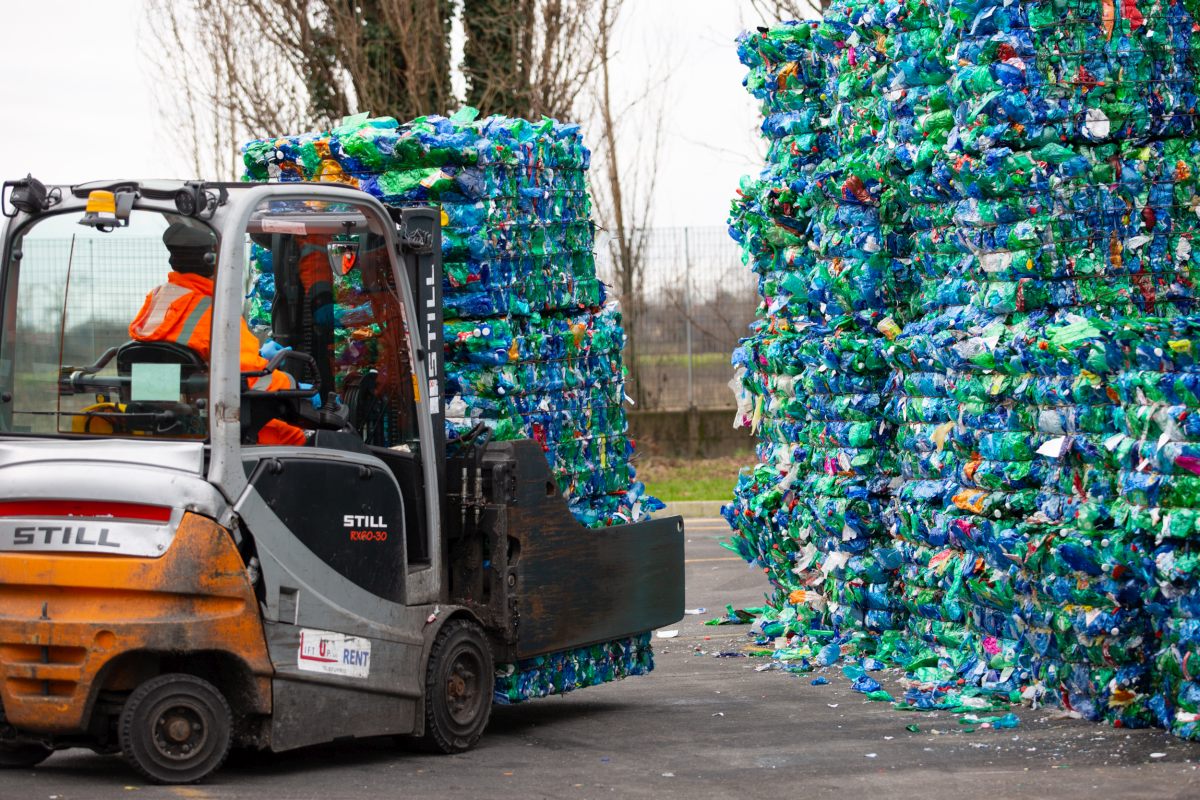RIMINI (ITALPRESS) – In 2023, the CONAI system catalyzed a turnover of 15.5 billion euros. That’s the first figure to emerge from The European House Ambrosetti’s new study, “The Circular Economy of Packaging: a value for the country,” called to analyze the socioeconomic impact of the direct and indirect activities of the National Packaging Consortium on the Italian economy. “15 billion and a half generated by the resources and opportunities related to the use of second-use material, where this can replace virgin material,” says Ignazio Capuano, CONAI president. “That’s basically the volume of business that the work of managing recycled materials has made possible, allowing industrial supply chains to also operate more competitively and efficiently, not just more sustainably. “A preview of the research was presented Wednesday, Nov. 6, in Rimini, during the second day of Ecomondo, the benchmark event for the world of ecological transition and the circular economy.In terms of added value, that is, the actual contribution that the CONAI system has made to national GDP, 3.5 billion euros were also generated. This is a tangible result that reflects the consortium system’s role as an engine of economic growth, generated through the work of businesses. “That is, through the production activities that rely on the recycled materials in Italy managed by the Consortium,” clarifies President Capuano.The third big issue in the study is related to the social effects of the system closely linked to employment. By supplying secondary raw materials, the National Packaging Consortium has in fact indirectly supported 35,800 jobs throughout the industrial and service supply chain. “We’re talking about the employment created and maintained over time thanks to the availability of second-use materials managed by CONAI and the new production cycles that these feed,” concludes Ignazio Capuano. “The numbers are an important sign of the economic impact of the system,” comments Simona Fontana, CONAI general manager, “and proof of how the effect of the work of the national business fabric goes beyond that. The system represented by CONAI and the supply chain consortia makes it possible to preserve resources and significantly reduce dependence on virgin raw materials-a great advantage that strengthens the competitiveness of our businesses and reduces our vulnerability to fluctuations in the international raw materials market. The logic is win-win when we think about the great economic benefits that recycling brings and that this new study presents. We are talking about a supply chain that supports economic growth in a sustainable way, creating value for the future: every kilo of recycled material represents a reduction in environmental impact and a saving for the Italian industry, which can count on an increasing number of regenerated resources available on the territory. “Numbers that fit into a panorama that sees Italy at the top of the European rankings related to the proper management of packaging when it reaches the end of its life. In 2023, in fact, Italy recycled 75.3% of its packaging waste: 10 million 470 thousand tons out of a total of 13 million 899 thousand tons released for consumption. This recycling percentage is up from about 71% in 2022, partly due to a reduction in the amount of packaging released for consumption.Adding to the recycling figures those of energy recovery-that is, the use of packaging waste as an alternative fuel to produce energy-the total amount of packaging not landfilled rises to 11 million and 804 thousand tons, or 85% of the packs released for consumption.Also growing in 2023 are the amounts of packaging reused: CONAI has for years introduced tax breaks and simplifications for packaging designed for multi-year use, and last year there were more than 1.2 million tons of reusable packaging declared to CONAI, up from 1.155 million in 2022.
– CONAI press office photo –
(ITALPRESS).

